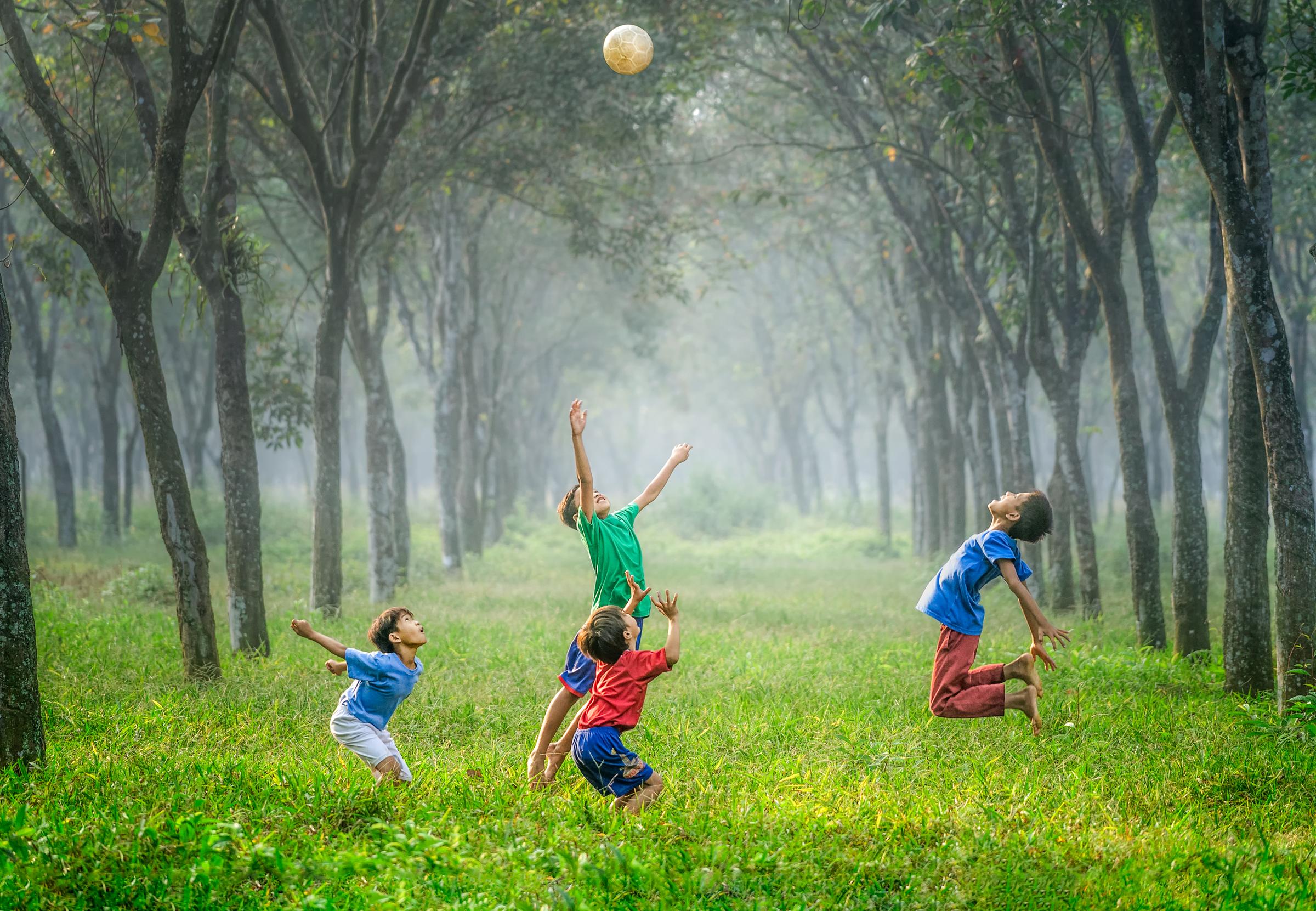Nurturing Friendships
A message from the Mental Health and Wellbeing Leader

Nurturing Friendships
A message from the Mental Health and Wellbeing Leader
Making and keeping friends is a common wish for all children, but it can also be very challenging at times, depending on their level of emotional maturity. Parents, teachers, and other respected adults can support children through these friendship ‘hurdles’.
How would you describe a friend to a child? How about this? Friends are:
To gauge your child’s understanding of friendship, ask them the following True or False questions and then discuss them openly:
Good friends always like the same things as you – False
Friends can also have different interests, which helps you learn about other things.
It’s OK for friends to disagree – True
All friendships can experience some ups and downs. What is important is how you manage the conflicts.
It’s OK for a friend to play with someone else – True
It is healthy for children to play with all different peers. Friends are not possessions and should not be “rostered” on certain days.
You don’t have to be friends with everyone, but it is important to be kind to everyone – True
Humans do not get along with everyone, but it does not give anyone the right to be nasty or bully others.
Here are some simple steps to share with your child to help them make new friends:
If you are concerned about your child's friendships, please speak to the classroom teacher or contact me via phone, email, or in person.
I will leave you with this thought, which applies to adults and children alike:
“If you want a friend, you need to be a friend.” – Ralph Waldo Emerson
Katrina Victor-Gordon
Mental Health and Wellbeing Leader (Monday - Wednesday)
Grade 1/2 Teacher (Thursday- Friday)
SWPBS Team Leader